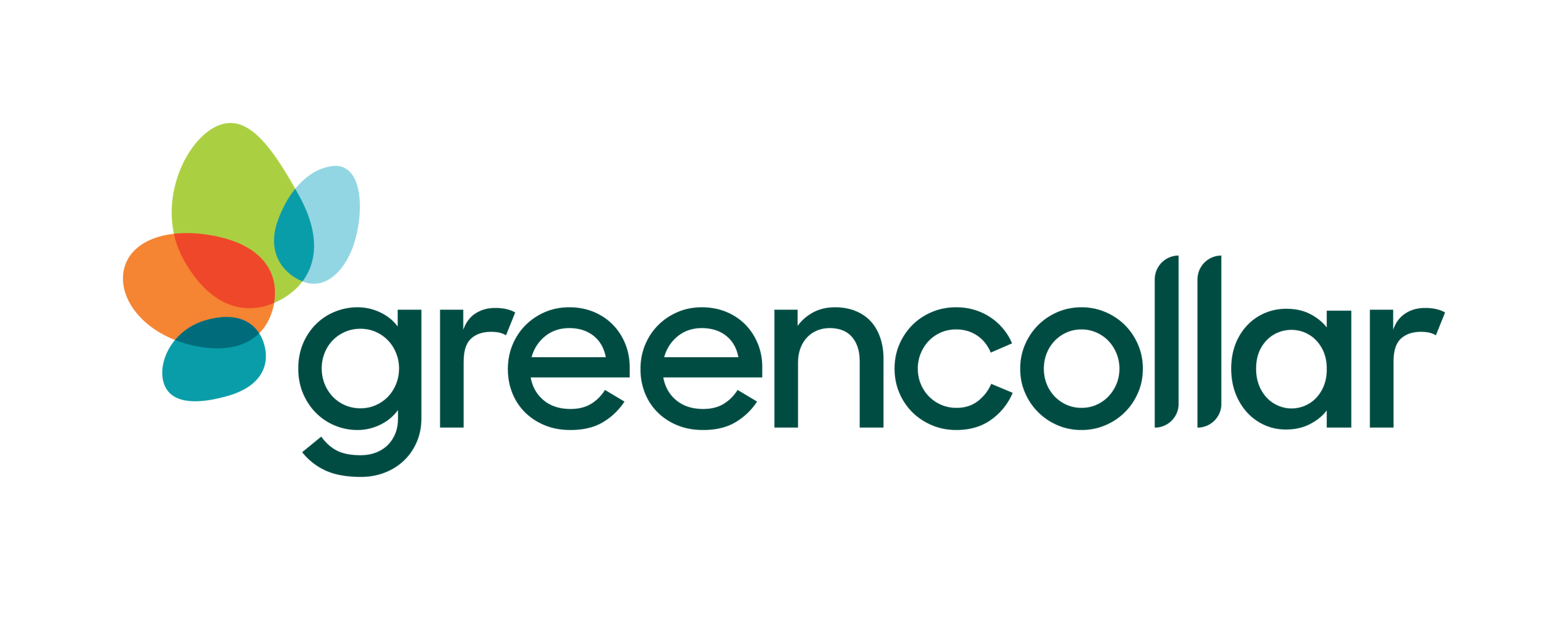HSBC and the Queensland Government purchase world-first Reef Credits
The Great Barrier Reef is an iconic Australian landmark that attracts thousands of tourists every year. It is valued at $56 Billion, contributing $6.4 Billion to the national economy and supporting more than 64,000 jobs, making its health an economic as well as an environmental issue. Recognising the significance of the Reef in Australia and internationally, HSBC and the Queensland Government will be the first-ever private and public sector buyers of Reef Credits.
Reef Credits are a tradable unit that quantifies and values the work undertaken by landholders to improve water quality flowing onto the Great Barrier Reef. Working in partnership with farmers and graziers, GreenCollar creates projects that improve the water quality of Great Barrier Reef catchments and that generate Reef Credits. These Reef Credits can then be sold, paying landholders for improved water quality resulting from their on-farm actions – all without compromising the productivity of their land.

Jamie Dore’s cane farm near Tully, North Queensland, is the first recipient of Green Collar’s Reef Credits, purchased by HSBC Bank, for environmental efforts on his property to reduce the affect to the Great Barrier Reef
The Reef Credit Scheme is the first of its kind in the world, and was conceived in response to the growing consensus that we needed a market-mechanism to incentivise water quality improvements across catchments of the Great Barrier Reef.
Reef Credits are tracked against internationally recognised targets and based on actual reduction in pollutants entering the reef, offering a measurable and audited water quality outcome for buyers. We estimate that the market could be worth over 6 Million Reef Credits by 2030, opening the door for more businesses to invest in the future of the reef as part of their environmental, social and governance (ESG) strategies.
Importantly, Reef Credits also provide an opportunity to recognise, value and monetise the critical actions farmers and landholders undertake to provide cleaner water to the Great Barrier Reef. We aim to build long-term partnerships with landholders to integrate sustainable practices into their existing operations, ultimately improving the productivity of their land and generating an additional, diversified income stream.
The sale of the first Reef Credits is an important step towards improving water quality of the Great Barrier Reef, and preserving this icon for future generations.
Natural resource management organisations, Terrain NRM and NQ Dry Tropics, have teamed up with us to develop the Reef Credit Scheme in collaboration with industry groups, research organisations, the Queensland government and regional communities.
You can read more about The Reef Credit Scheme here.

